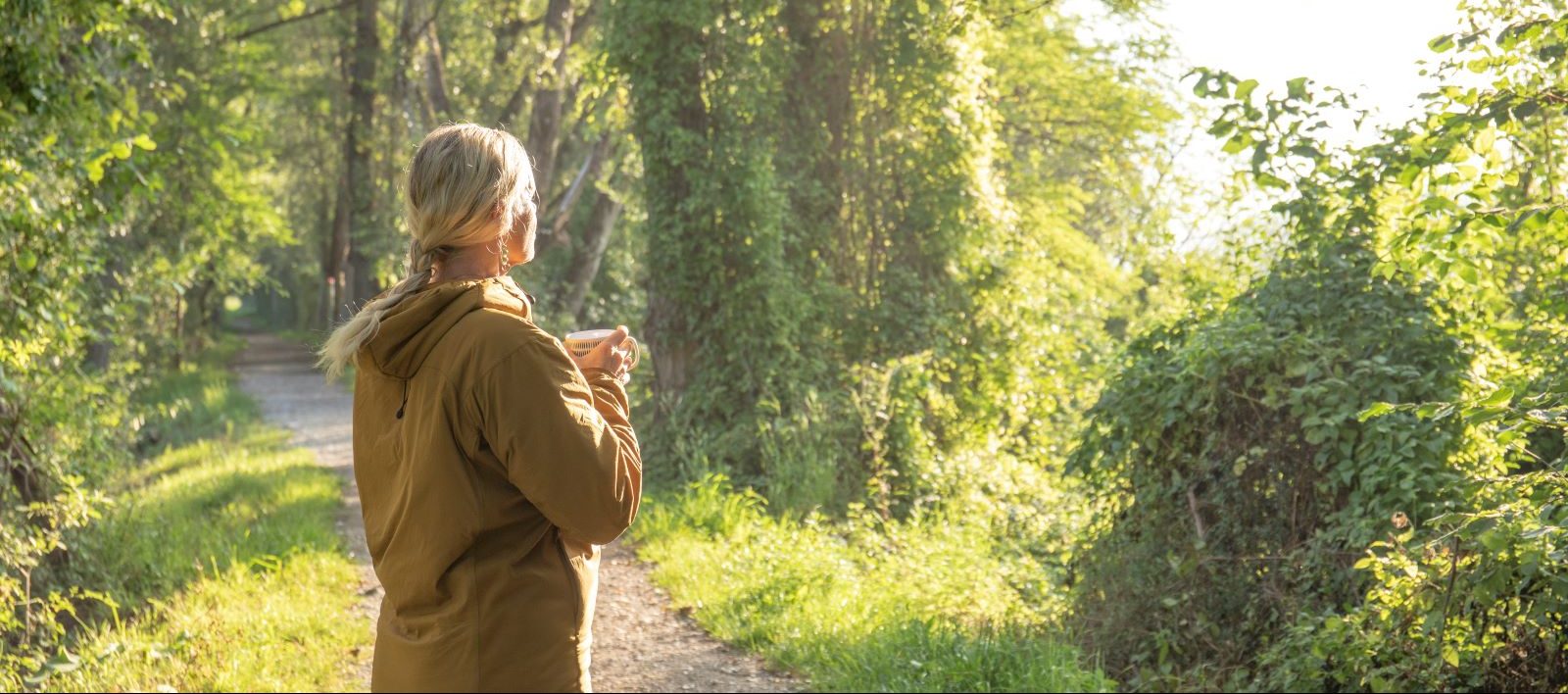Meditation might be as effective as medication in treating anxiety, according to a new study published in the journal JAMA Psychiatry.
The two-month study included 276 patients diagnosed with generalized anxiety disorder. Half were given a common antidepressant — escitalopram (Lexapro) — and the other half participated in a mindfulness-based stress reduction program. Both groups reported moderate improvements: a 20% reduction in symptoms at the end of the study, regardless of their treatment.
> Connect with the Behavioral Health Network
Don’t stop your medication just yet.
There’s an important “but” at the end of that conclusion, said Carla Schnitzlein, DO, a psychiatrist and medical director of Natchaug Hospital. Anyone under a doctor’s care that includes a prescription to manage anxiety or depression should not stop their current course of treatment without consulting their provider.
“There’s a lot of temptation for people to find a natural means to manage depression and anxiety, but like anything else, these are medical conditions,” she said. “Sometimes there’s a chemical, sometimes there’s a hormone, sometimes there is something physiological that the medication really benefits. People shouldn’t just stop the medication that works.”
Add, rather than subtract.
What Schnitzlein takes away from this study – which she notes only compares meditation to one medication – is that someone on a prescription regimen could certainly try meditation as an additional benefit to controlling their symptoms.
“We want to make sure that we continue to maintain the healthy routines and the healthy things that we already utilize, like our medications,” she said, “and adding to it, rather than subtracting from it.”
> Want more health news? Text StartHere to 85209 to sign up for text alerts
How to start your meditation journey,
If someone is interested in adding meditation to their life, Schnitzlein cautioned against “setting yourself up for failure” by setting expectations too high or diving into a complex or time-consuming program.
“Meditation is not for everyone,” she said. “It takes practice. Don’t think you have to do an hour – try doing two minutes. Use guided meditation. There are lots of great apps out there.”
Don’t limit yourself to one form of meditation.
But she also said that anxiety fighters like exercising, healthy cooking and hobbies that hold your interest can be a form of meditation already.
“Anything that keeps you in the moment,” she said. “Anxiety is overthinking and replaying interactions in your past that you have no control of. Or you worry about the future, and you can’t control that either because it hasn’t happened yet. But when you stay in the moment, that’s control. When you are running, you concentrate on your breathing, and one foot in front of the other. With pottery, you concentrate on the clay, and your hands. If you are gardening, your hands in the soil, planting, weeding. You don’t even realize, but that’s a meditative moment.”



